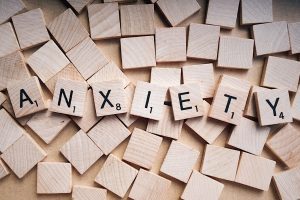 Maybe you’ve heard a friend or a college student talk about a night of binge drinking. They tell you they started to party and threw down a number of drinks within an hour or two. And this behavior can lead a person to risky sexual behavior, violence and even car accidents. Episodic binge drinking is a problem that approximately 20% of all U.S. adults do according to data reported in The American Journal of Preventive Medicine.
Maybe you’ve heard a friend or a college student talk about a night of binge drinking. They tell you they started to party and threw down a number of drinks within an hour or two. And this behavior can lead a person to risky sexual behavior, violence and even car accidents. Episodic binge drinking is a problem that approximately 20% of all U.S. adults do according to data reported in The American Journal of Preventive Medicine.
For men, a binge consistes of 5 or more drinks. For women, the number is 4 or more. Both occur within a 2-hour span. The gender differences have to do with how men and women metabolize alcohol differently. The common age of binge drinkers is between 18- 34 years old. But the 35+ age group accounts for more than half of all binge drinkers. And as you might guess, this behavior may indicate an alcohol problem even though many people think it is a normal part of partying behavior. In reality, binge drinkers have been associated with alcohol-related problems and legal, medical and social problems as well. When this type of drinking becomes a pattern over time, it is serious.
So how can someone tempted by binge drinking prevent this?
- Slow down and drink water to rehydrate. Order a non-alcoholic drink if you are with partiers. This also slows down absorption of alcohol. And eating food along with the drinks also helps.
- Assess the amount you are drinking. The National Institute of Alcohol Abuse and Alcoholism reports these sizes as a standard drink: Beer -12oz; Wine -5 oz; distilled spirits -1.5 oz. So if you are a partier who drinks 3-16oz pints of beer, you have binged (same as 4 beers). The amount of alcohol in the drink matters.
- Some people think they can drink an energy drink to help lower the effects of the alcohol, but this doesn’t work. The caffeine will keep you awake longer but you are still drunk!
- Best advice: Don’t engage in this behavior. You can still have fun with people without becoming intoxicated. If you can’t, it is a wake up call to work on your social skills. This isn’t harmless fun–too risky in terms of consequences and health.


